During the test, a liquid biopsy is performed with a sample of blood drawn from your body. The blood is analyzed to provide information about the presence of CTCs, their concentration, their specific type or immuno-phenotype, and the activity status of cancer cells in your body.
The OncoTrace test is designed as a means to establish a baseline for patients who are undergoing cancer treatment. It can also be used to monitor the status of patients who are in remission and may be worried about the disease returning. Your practitioner can use OncoTrace results to assess the effectiveness of cancer treatment and the likelihood of cancer returning.
The OncoTrace test is performed using a liquid biopsy. Patients provide us with their blood samples, and no surgery or tissue biopsy is needed. The sample is then shipped to our laboratory in Greece for analysis.
Please note that if a patient is undergoing cancer treatment, we recommend waiting 7 to 21 days or more after chemotherapy to take the test.
All our accredited practitioners and clinicians understand our shipping instructions and ensure the sample arrives in perfect condition.
Price in Euros: EUR 800
Disclaimer:
* Prices in $USD vary slightly based on the exchange rate on the day the test is ordered.
** These prices do not include in-office fees such as consultation, blood draws, IV administration, etc.
To know what to expect from the test results, view a sample OncoTrace test result here.











